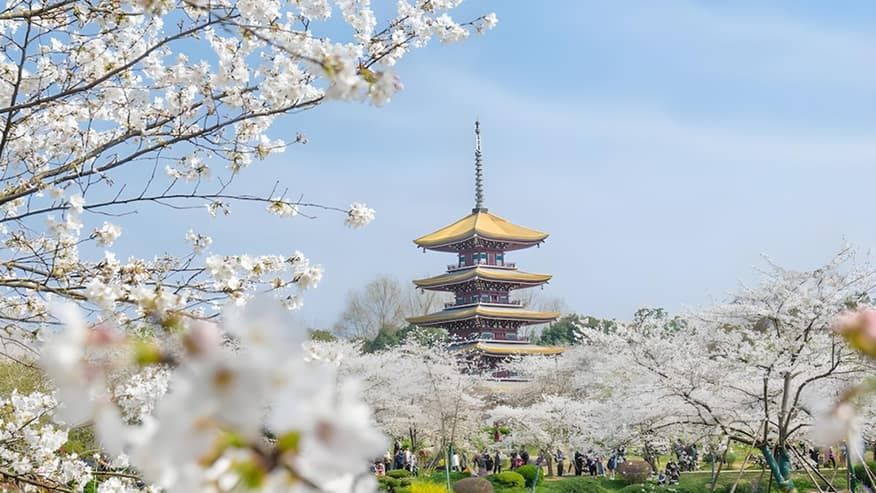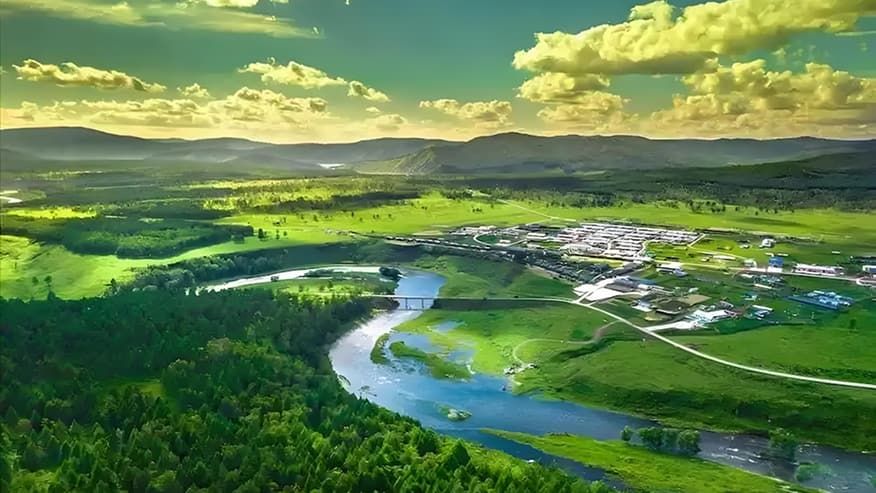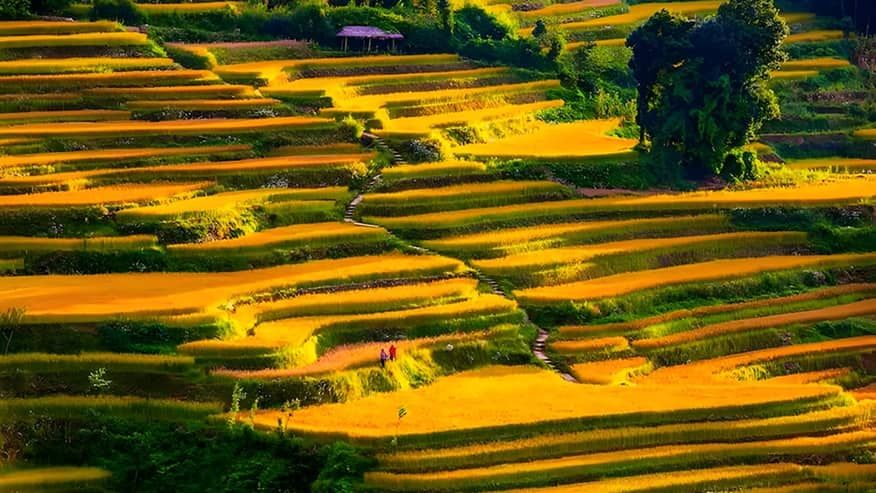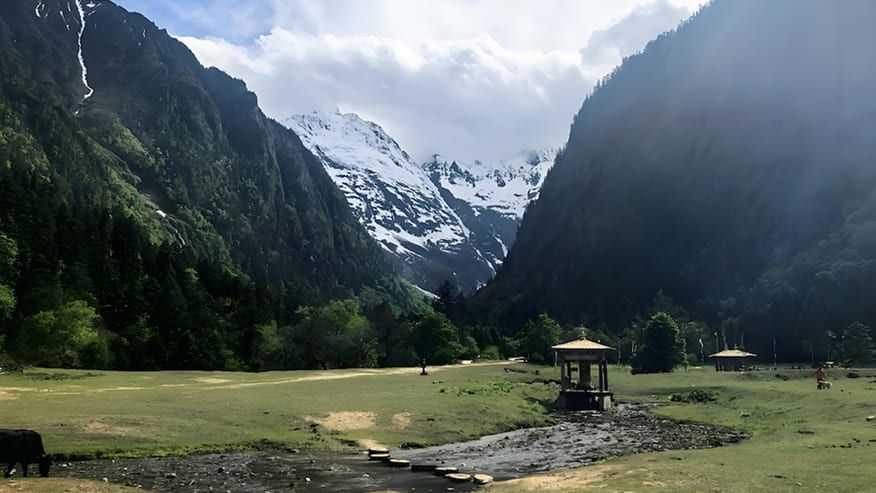Unreplaceable Things to Do in Chengdu for the Curious Explorer

Planning a China visit? Then the cultural capital of Sichuan Province, that is, Chengdu should be at the very start of your itinerary. With giant pandas, tasty food, as well as long cultural history, the city has the right combination of modern chicness alongside old history. Ready for the deep dive? Let us discover the loveliest places of Chengdu.
Chengdu Research Base of the Giant Panda Breeding
Begin your Chengdu experience among the city’s best-known residents at this global conservation center. Home to more than 120 giant pandas, the center covers 247 acres of bamboo groves and naturalistic enclosures. To view pandas when they are in their active eating cycle, visit early morning (8-10 AM). The base also features red pandas, black-necked cranes, and peacocks. Don’t miss the panda nursery, windows into which you can glimpse valuable cubs, and the conservation education museum, which describes the efforts in interactive displays.
IFS Panda Climbable Building
Peep at the supersized fiberglass panda statue with amazement appearing to climbing the outer shell of the International Finance Square building. This Insta-famous landmark of 15m stretch is now the icon of Chengdu in the present context. The vicinity has upscale malls, world-class restaurants and the rooftop garden offers the complete 360-degree view of the city within walking distance. Visit at golden-hour to get the most Instagrammable picture of the panda on the background of the sunset colors.
Wuhou Shrine
It is a massive center in commemoration of Zhuge Liang, the mythical strategist of the Three Kingdoms times. Its shrine features brilliant original work in the style of carved pillared pillars and painted eaves. Stroll in the tranquil bamboo gardens and see the old stone slabs written in ancient Chinese characters. Its museum precinct contains artifacts like bronze weapons, ancient texts and elaborate dioramas that narrate the history of the Three Kingdoms. Local calligraphers are often spotted practicing in the courtyards.
Wide and Narrow Alleys (Kuanzhai Xiangzi)
These three alleys side by side - Wide Alley, Narrow Alley, and Well Alley - are the essence of old meets new in Chengdu. Qing-era courtyard houses that survived are now occupied by hip cafes, beer bars, and specialty shops. Observe artisans creating delicate paper cutouts and wooden hair combs. Nighttime brings light, the live music clubs, and the roof top bars with views over the city. There is a beauty of each alleyway, whether it is nice restaurants in the Wide Alley or hippie scenes in the Narrow Alley.
Leshan Giant Buddha Day Trip
A short 60-minute fast train from Sichuan’s capital, this UNESCO World Heritage site is home to the world’s largest stone Buddha statue. It towers a colossal 71 meters high, carved into the face of a cliff in the Tang Dynasty. Ascend the corkscrew stone staircase all the way to the Buddha’s lotus footwear for the full view, or view it by river boat tour from the water. Nearby Lingyun Temple compound contains ancient wooden Buddhist travelers alongside serene meditation gardens overlooking the Min River below.
Mount Qingcheng
According to reports, the sacred mountain of birthplace of Taoism features trekking trails running through hill forests with impenetrable fog over the centuries with centuries-old temples in between. There are paved roads and cableways on the front mountain, and coarse wild trails on the back mountain. Jianfu Temple, constructed in 730 AD, features exquisite wooden adornments and still maintains original Taoist rituals. Herbal springs alongside the mountain are said to cure. Panoramic views of the Sichuan plains on clear days are offered by the summit.
Sichuan Opera at Shu Feng Ya Yun Theater
Watch the mesmerizing Sichuan Opera featuring the world-famous face-changing routines in where the actors change their colored masks in the blink of an eye. Entertainment features fire-breathing, shadow puppetry, alongside string music of the region in the form of contortion. The up-close theatre arrangements provide that the audience interacts much with the actors. English subtitles enable foreign travelers in following the narratives, generally derived from local legends alongside history. The arteries performed in a period of 90 minutes incorporate arts that have been transferred generation to generation.
Dujiangyan Irrigation System
This remains a working system regulating flooding and irrigating Sichuan plains yet the project was implemented 2,300 years ago. The system intelligently partitions Min River but does not utilize any dams, but utilizes naturally occurring spillways and channels. For water control system views, walk through the old Anlan Suspension Bridge. Its next-door neighbor, the Erwang Temple, pays tribute to the chief project engineer, Li Bing, in exhibits that give brief descriptions of the hydraulic principles that work to this day.
















